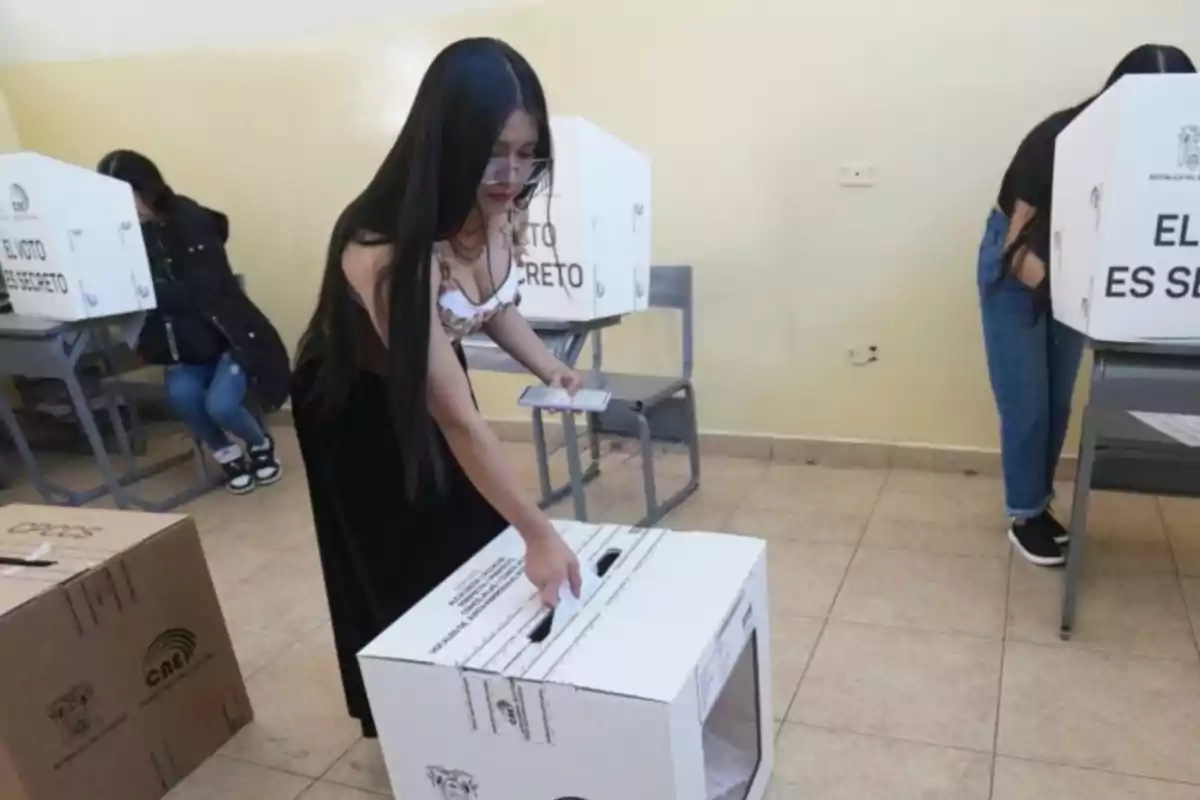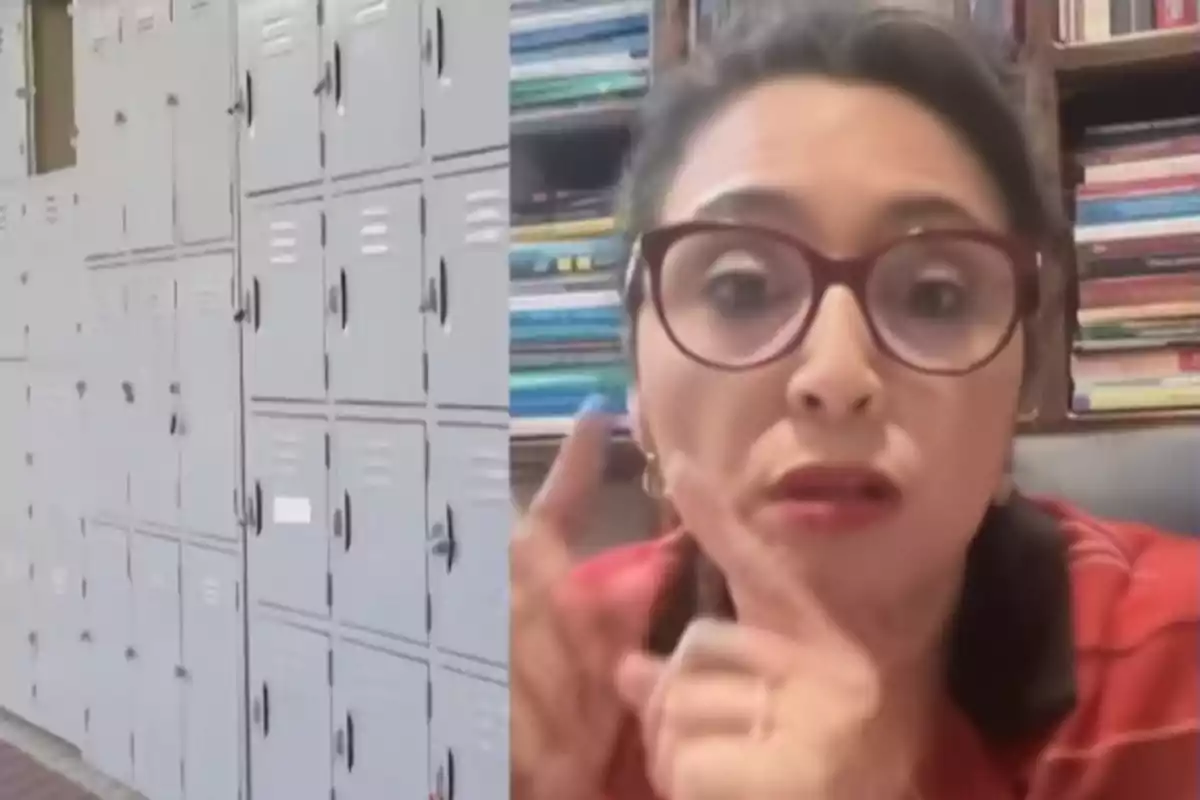
The second round in Ecuador will define a tight contest between Noboa and González.
More than 13 million Ecuadorians voted in elections marked by polarization
This Sunday, April 13, Ecuador holds the second electoral round between Daniel Noboa, current president and candidate of Acción Democrática Nacional, and Luisa González, representative of the Revolución Ciudadana. The day mobilized more than 13 million citizens, who went to the polls with high expectations about the country's political future.
Political analyst and professor Caroline Ávila explained that the margin of difference between both candidates could influence how quickly the results are known. "If there are two or three points of difference, it's possible to know the results on Sunday," she noted during an interview with NTN24.
Ávila warned that, if there isn't a clear advantage, the results could be delayed until Tuesday. In her view, this scenario would demand an attitude of institutional respect from all actors. "It's important that there is democratic maturity among politicians, media, and citizens," she added.
The contest has been marked by strong polarization. While González represents a return to the Correa model, with policies that have already shown inefficiencies and scandals in the past, Noboa embodies a proposal of pragmatic renewal, focused on security and stability.

Luisa González has promised to resume policies of former President Rafael Correa, whose government faced criticisms for authoritarianism, judicial persecution, and opaque management of public resources. Although she retains significant support, especially in rural areas, her proposal has raised concerns among analysts and business sectors.
In contrast, Daniel Noboa has bet on a modern and technocratic vision, strengthening international relations, such as with the United States, and maintaining a firm stance against organized crime. This strategy has allowed him to gain ground among young and urban voters.
National and international attention now focuses on the scrutiny. The transparency of the process and the acceptance of the results will be essential for the country's governance in the coming years. The tension is palpable, but so is the hope for a decision that marks a new direction.
Between a return to past practices or the continuity of a model that seeks to stabilize the present, Ecuadorians faced a crucial dilemma. The outcome, yet to be defined, will mark the country's destiny in the next four years.
More posts: